
As you sit in front of a screen and read these words, there are millions of goods and products being transported across borders. Many of the products we encounter every day have a long and arduous journey from where they are manufactured to the shelves of our stores. Trade impacts our economy in a significant way, and it’s why over the years we have seen changes to the way the country approaches its trade policies and why it has become a hot-button issue in elections and during difficult economic times.
The U.S Constitution grants Congress the power of trade activities between foreign countries. Trade within states is regulated and overseen by the states themselves. Over the decades, the United States went from a far more protectionist nation to one that embraced free trade and emphasized its benefits.
From Protectionism to Expansion of Imports and Exports
The state of U.S. trade policy has evolved since the Great Depression. The country’s views and needs have grown and shifted dramatically since then. Tariffs and dutiable imports reached 60%. There was no central organization that oversaw the changes that occurred in trade across the globe, so many local laws were shielded from understanding the bigger picture.
Before the Great Depression, the U.S was far more isolationist in both its trade policy and foreign policy, but the 20th century had its plans for America and the rest of the world, and events that transpired shifted the American approach to trade to a far more open policy.
It Begins with a Little Act Called Smoot-Hawley
The U.S was in dire straits in an attempt to fix the domestic economic situation, so Congress had to make moves to remedy this by finding ways to grow the economy and get things moving again. The tariff act raised duties on over 20,000 imported goods and may not have had the effect desired. This led many U.S trading partners to step back and cause a reduction in total U.S trade volumes. Many historians argue that the Smoot-Hawley act deepened the Great Depression.
Not long after, President Franklin Roosevelt signed into law the Reciprocal Tariff Act, which gave the President authority to negotiate reciprocal trade agreements. Around this time tariffs were reduced with 21 countries, which helped spur economic growth. Of course, it wasn’t until WWII, that U.S production and manufacturing boomed. After the war, GATT was signed. This was the General Agreement on Tariffs and Trade.
The Trade Act of 1974, addressed many concerns for U.S trading companies that were seeing themselves as unable to complete with unjust import competition. This law imposed adequate procedures to help protect the American industry amidst a growing and exponentially more complex international market.
In 1995, the World Trade Organization replaced GATT and helped a surge of free trade agreements after the Cold War. In this era, the percentage that was subject to tariffs dropped from 65% in 1990 to about 30% in 2017.
President Reagan’s Impact on Trade in the Late 20th Century
President Ronald Reagan helped continue to push the move towards more free trade. As a stalwart proponent of conservative policies, Reagan understood that opening up trade for America meant increasing opportunities. In 1988, Reagan gave a radio address about the virtues of having a free trade society and the economic and social benefits that this provided a society. He pointed to the pattern of free nations and their prosperity after imposing free trade laws and allowing for more freedom in the import and export realm.
Reagan declared “We should beware of the demagogues who are ready to declare a trade war against our friends, weakening our economy, our national security, and the entire free world all while cynically waving the American flag. The expansion of the international economy is not a foreign invasion. It is an American triumph.”
It was this mode of thinking that continued a trend towards a trade policy that made the international exchange of goods more accessible.
The Complexities of the Ever-Changing Trade Industry
Developing a product to ship to international markets is a long and hard journey with plenty of steps and hurdles to overcome. It’s not always easy, as there are competing interests, politics, changing regulations from every angle. It’s a fast-moving industry that must adapt to the conditions and regulations of other countries, as well as changing economic and cultural trends.
As international markets and nations see ups and downs and changes in their administrations and leaderships, those changes are reflected in the policies and regulations imposed on importers and exporters. A customs broker is a middleman that does the heavy lifting when it comes to researching and following these changing rules.
Stay on Top of The Changing Trends in Trade Policy with a Trusted Customs Broker
As a customs broker, Cordova Brokerage takes care of doing the leg work in ensuring you are in compliance with your import or exports to and from the U.S. We are here to provide accurate service and facilitate the difficulty in maneuvering U.S trade restrictions and law.
Contact a reliable customs broker at Cordova today for questions regarding imports and exports.

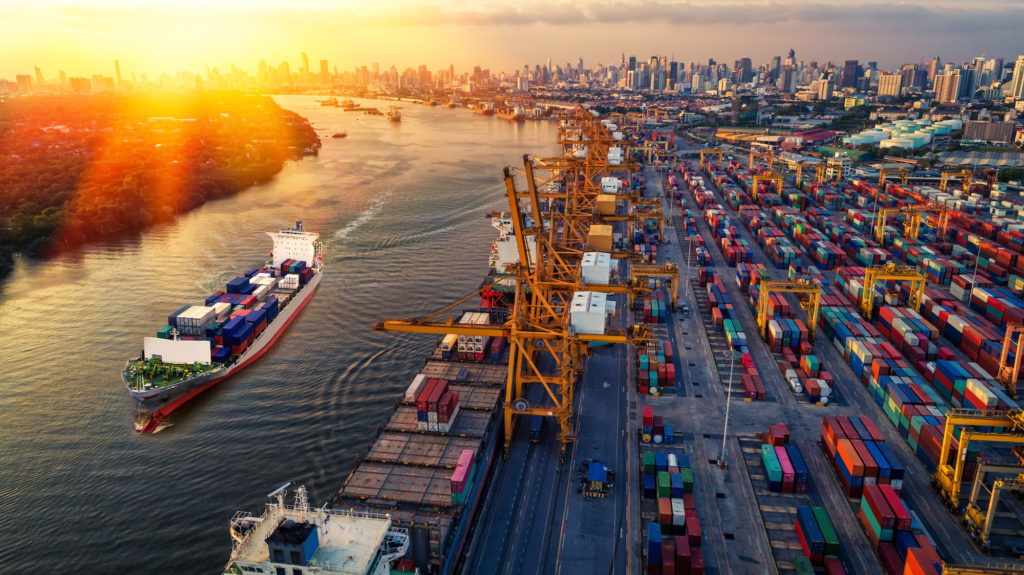
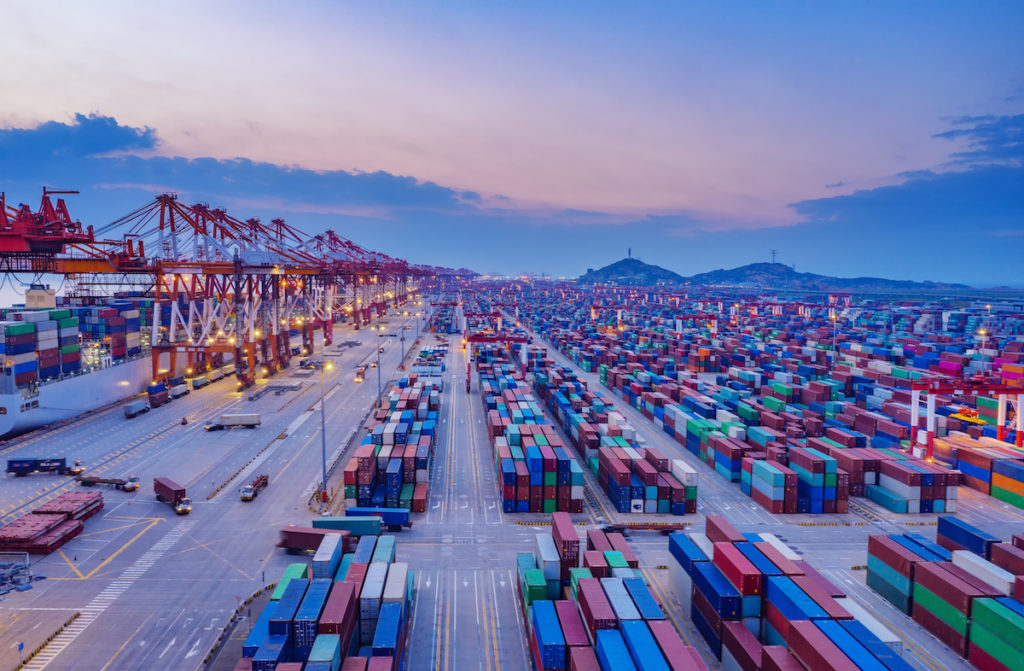 The United States wasn’t always a powerhouse of exports. For some time after World War I, the U.S maintained a rather isolationist policy and was largely content to produce everything domestically. The first part of the 20th century looked very different in terms of international imports and exports.
The United States wasn’t always a powerhouse of exports. For some time after World War I, the U.S maintained a rather isolationist policy and was largely content to produce everything domestically. The first part of the 20th century looked very different in terms of international imports and exports. 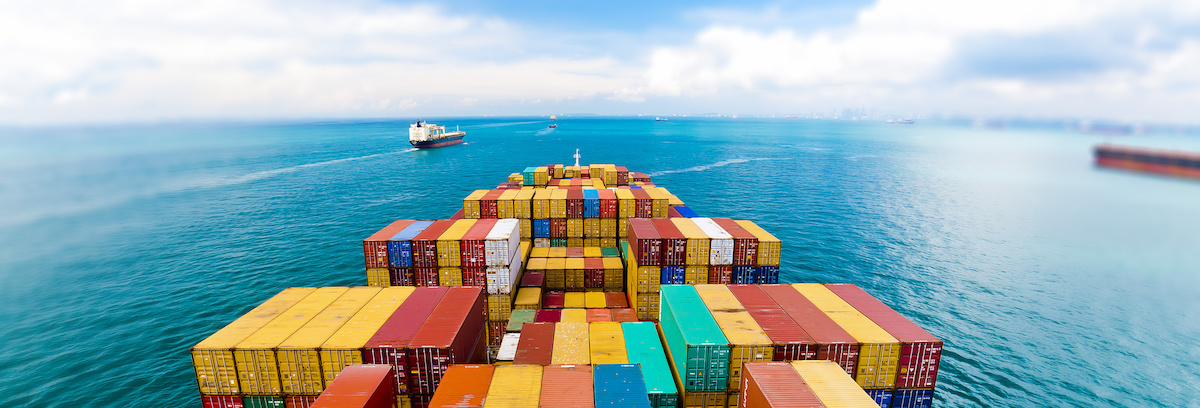 The year 2020 has been a bit of a wild ride. Well, that’s certainly an understatement. For many people in this country, the year has been filled with nightmarish rollercoaster-like ups and downs, twists and turns, and probably some machine malfunctions, ungreased gears, and loose screws. And yet, America—being the resilient and robust economy that it is— continues forward and marches on. So while every industry, every person, every sports team, business, and school is being, in some way, affected by changing regulations and people’s sudden hypersensitivity to personal space and hygiene, the global market is also seeing its effects. According to some reports, the global economy is seeing the sharpest reversal since the Great Depression. The drop was quite dramatic in the early months of the shutdown and has seen some steady recovery since.
The year 2020 has been a bit of a wild ride. Well, that’s certainly an understatement. For many people in this country, the year has been filled with nightmarish rollercoaster-like ups and downs, twists and turns, and probably some machine malfunctions, ungreased gears, and loose screws. And yet, America—being the resilient and robust economy that it is— continues forward and marches on. So while every industry, every person, every sports team, business, and school is being, in some way, affected by changing regulations and people’s sudden hypersensitivity to personal space and hygiene, the global market is also seeing its effects. According to some reports, the global economy is seeing the sharpest reversal since the Great Depression. The drop was quite dramatic in the early months of the shutdown and has seen some steady recovery since.  Since the beginning of the country, the trajectory and nature of imports and exports have changed dramatically in the United States. The U.S went from being quite protective and isolationist in its approach to favoring a more open and free-flowing market that led the way to modern foreign relations many today would term globalization. Each has accompanied the very different cultures and customs of the time. The change was, in large part, brought about by global conflicts that changed the way nations exchanged goods with one another. Post-war America began to see open trade as a way to open up countless possibilities to advance the country’s economic interests, as well as establishing strong ties with foreign nations.
Since the beginning of the country, the trajectory and nature of imports and exports have changed dramatically in the United States. The U.S went from being quite protective and isolationist in its approach to favoring a more open and free-flowing market that led the way to modern foreign relations many today would term globalization. Each has accompanied the very different cultures and customs of the time. The change was, in large part, brought about by global conflicts that changed the way nations exchanged goods with one another. Post-war America began to see open trade as a way to open up countless possibilities to advance the country’s economic interests, as well as establishing strong ties with foreign nations. 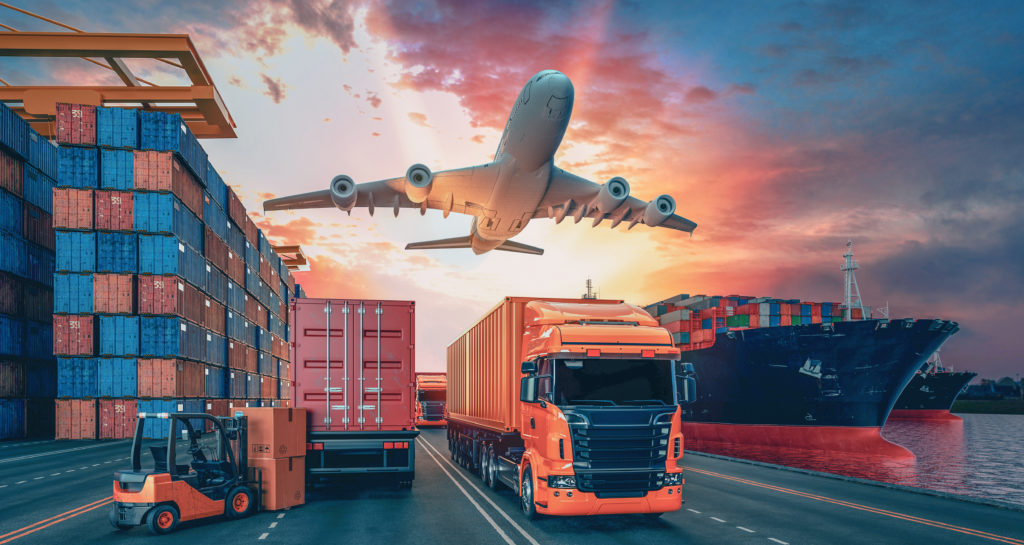

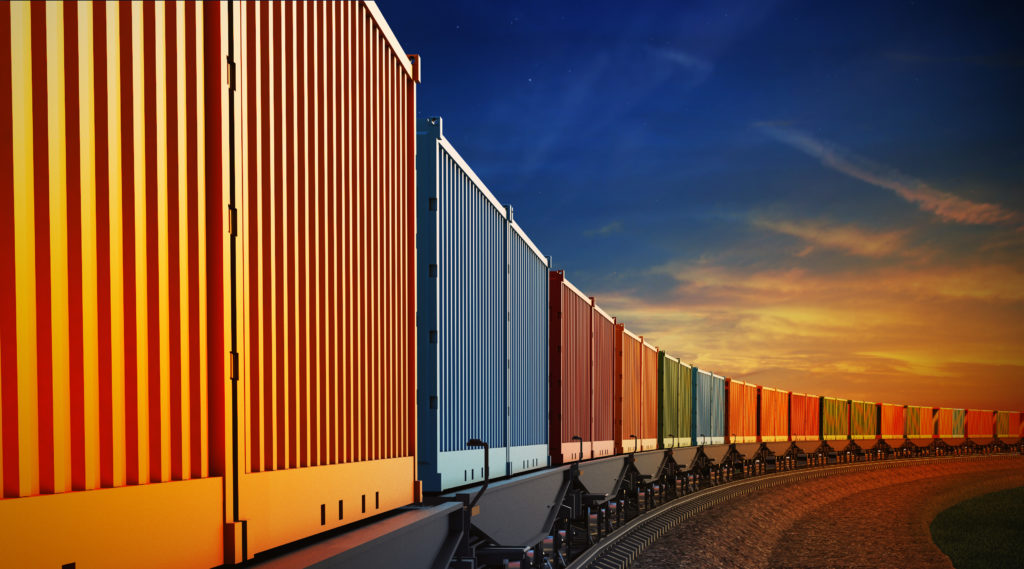 The goods we purchase every day—from our clothes to our home appliances—have often traveled a long journey to get on the shelf on which we buy them from. Every day, the world continues to produce goods, trade them, and transport them across borders and across the globe. The international supply chain is a magnificent and complex living thing that is always changing, growing, and adapting to global changes, demands, and downfalls. Here at Cordova Brokerage, we love being part of the bigger picture that is the global supply chain. Freight forwarding is part of this bigger process that is happening every day.
The goods we purchase every day—from our clothes to our home appliances—have often traveled a long journey to get on the shelf on which we buy them from. Every day, the world continues to produce goods, trade them, and transport them across borders and across the globe. The international supply chain is a magnificent and complex living thing that is always changing, growing, and adapting to global changes, demands, and downfalls. Here at Cordova Brokerage, we love being part of the bigger picture that is the global supply chain. Freight forwarding is part of this bigger process that is happening every day.  As old as silk; as common as tea; as valuable as spices. The history of trade can be traced back for thousands of years. It’s almost something human beings are naturally inclined to do and a mutual agreement that is found in all civilizations. And, in fact, it was silk, tea, and spices that were the major trade items that sparked what would later be known as ‘international’ trade. Today, the biggest trading markets include the European Union, the United States, and China.
As old as silk; as common as tea; as valuable as spices. The history of trade can be traced back for thousands of years. It’s almost something human beings are naturally inclined to do and a mutual agreement that is found in all civilizations. And, in fact, it was silk, tea, and spices that were the major trade items that sparked what would later be known as ‘international’ trade. Today, the biggest trading markets include the European Union, the United States, and China. 


